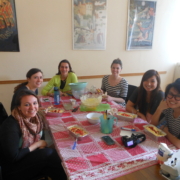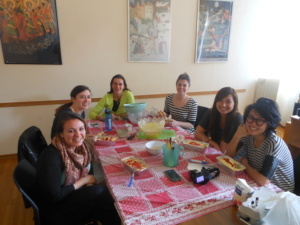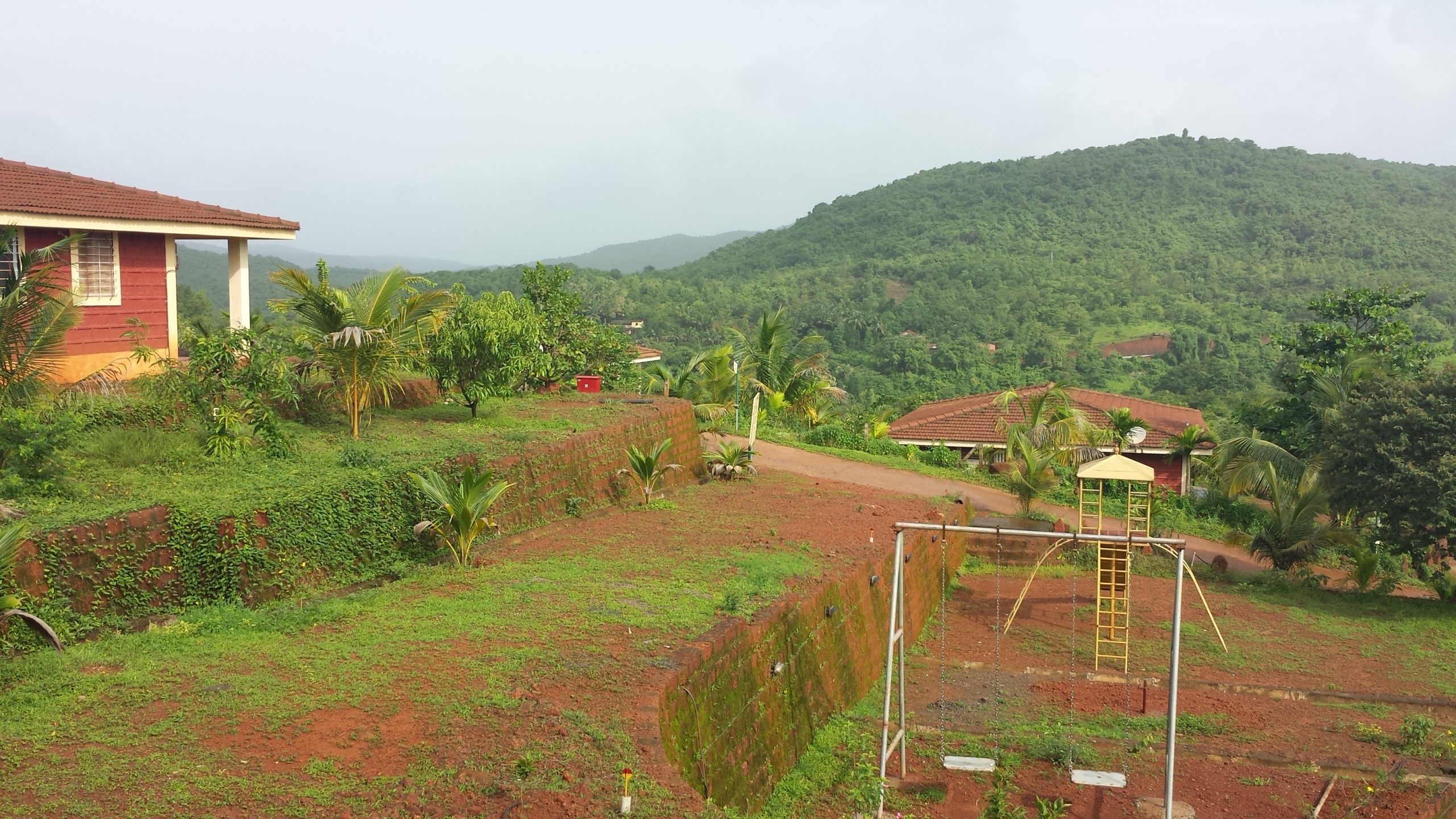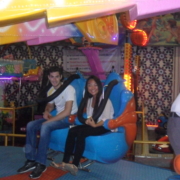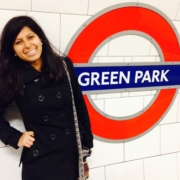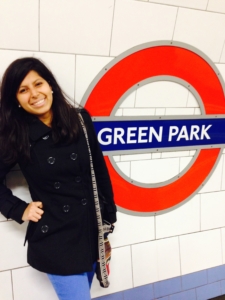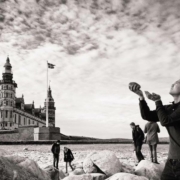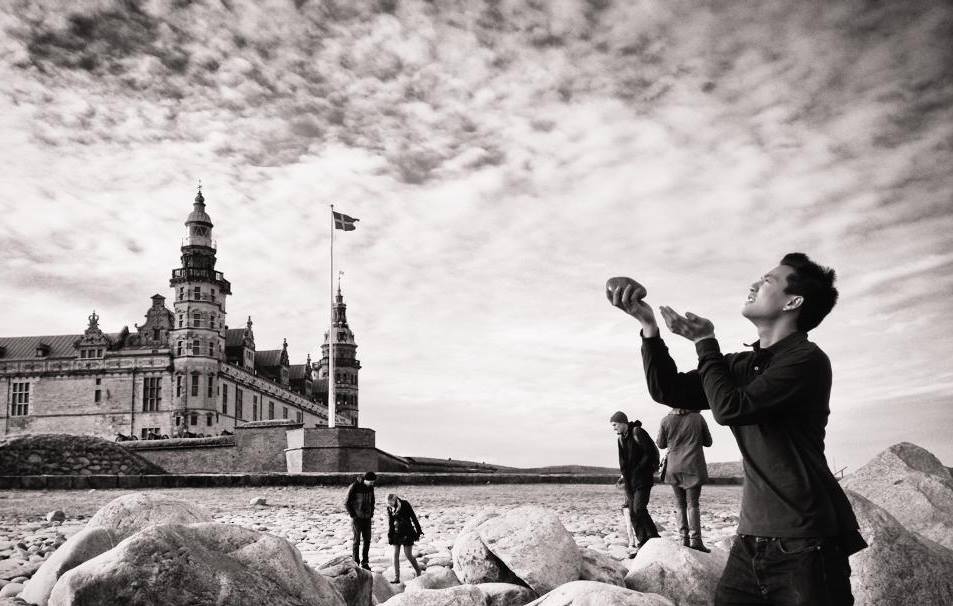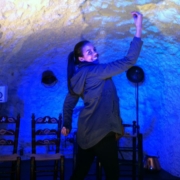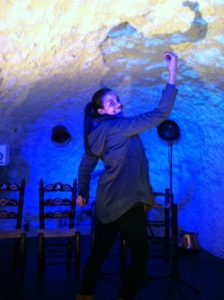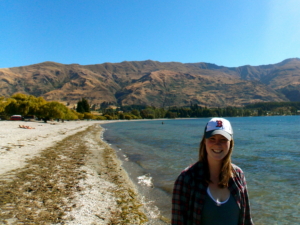Ann Masline, London Internship
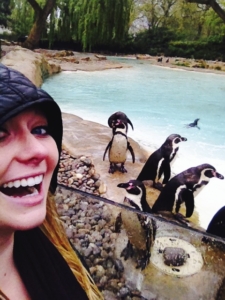 Interned at Whisky Mist Nightclub
Interned at Whisky Mist Nightclub
Internship: I worked at Whisky Mist Nightclub in the district of Mayfair in London. I was the PR and Marketing Intern at Whisky Mist. During my time at my internship, I planned events, managed the club’s social media accounts, and emailed prospective clients, from musicians to fashion designers, to visit Whisky Mist and have their events with us.
I learned: From studying abroad, I learned that there are so many fun and exciting opportunities beyond jobs and internships in the US. Knowing this, it’s exciting to realize that if I wanted to go back to London, or any other international city, it’s possible, and I now have the independence, resources, and skills to do so.
I also learned that “please” and “thank you” go a long way, no matter what country you are in.
I was surprised by: Something that surprised me most about my time abroad was just how many young people, both American and non-American, there are travelling around the world. Everywhere I went, there were college students and young professionals making memories and exploring, just like I was. It was amazing to meet these young people who were having similar experiences to the ones I was having.
The hardest part: The hardest part about studying abroad was balancing traveling and exploring with taking time for myself to relax and reflect. It was my initial instinct to book trips across Europe for every weekend I was abroad. After a few weekends of traveling though, I realized that I needed to balance my down time, time spent exploring London, and time spent exploring the rest of the world. Initially, I wanted to do it all, but I found that it was necessary to truly evaluate how much energy, money, and time I had.
The best part: One of the best parts of my abroad experience in London was at the end of the program when I no longer felt like a tourist, but more like a local. By the end, I was confident enough to give people directions, I was a “pro” on the buses and tube, and I was establishing a real routine in my day-to-day life. This was one of the best parts of my time because I no longer felt intimidated by the city, but rather comfortable and confident. By the end, I could also truly envision myself working and living in London in the future.
My tips:
- Plan on traveling the most during the first half of the program, when you have classes. During the second half, when you are doing your internship, you won’t have three-day weekends, and everyone will be exhausted from working all week.
- If you have to choose between shopping at Harrods and buying plane tickets, don’t shop! You will always remember the fun and excitement you had traveling more than the new shoes that you bought.
- Go to the markets! They are amazing.
- Try to meet as many locals as possible; not only will you meet great people and learn more about London, but you’ll have a couch to crash on if you ever want to visit again!
-








